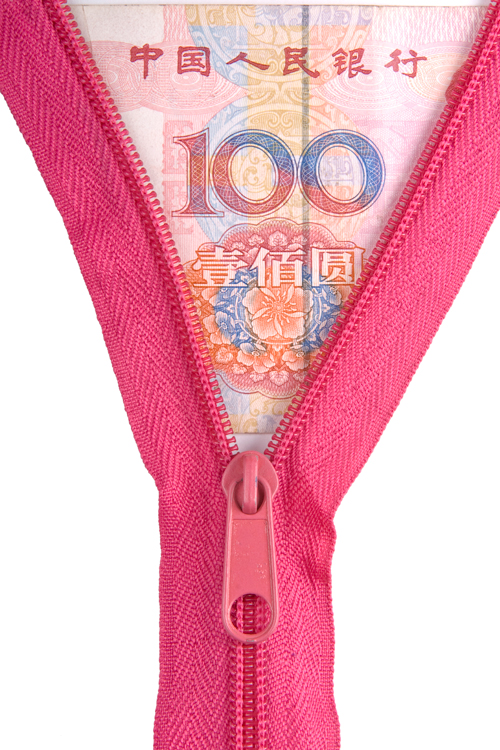Direct trading between the Kiwi dollar and Chinese RMB is now a reality. So what’s the advice for our exporters?
Exporters are being told to keep a close eye on options for direct trading between the New Zealand dollar and the renminbi. The advice comes despite a slow start to direct trading between the two currencies since Prime Minister John Key and Chinese Premier Li Keqiang announced the new deal in mid-March this year.
Until then, New Zealand exporters had to settle transactions with Chinese importers via a third currency. Usually the US dollar, this added in another layer of currency conversion costs.
Gerard Field, HSBC head of global markets for New Zealand, is advising exporters to stay close to the topic. The pace of China’s currency reform is picking up, he says, and New Zealand exporters should not assume it’s going to be a static environment.
“This is an economy that is opening up and it’s key to stay on top of developments to make sure you are getting the best deal.
“If you’re invoicing in renminbi (RMB) there may be a differential between a US dollar and a RMB price. So look at who gets the benefit or it might be about sharing the benefits.”
Despite this, Field says he expects the market for direct trading to grow slowly at first. “When Australia gained direct convertibility in April last year, the amount traded was quite small to start but has grown to be quite significant.”
He says the China Foreign Exchange Trade System (CFETS) website shows only around AUS$300 million traded in April last year. By February 2014 that had grown to around AUS$3 billion, although Field cautions it is hard to tell how much of that is trade-related flows rather than institutions moving money around.
HSBC is one of 10 or 11 banks given “market maker” direct trading authority by The People’s Bank of China. Others include ANZ, Westpac and ICBC, which has just opened up representation in New Zealand, and five or so local Chinese banks including the China Construction Bank and ABC (the Agricultural Bank of China).
David Green, ANZ New Zealand’s managing director institutional, says New Zealand companies have been able to convert the RMB into New Zealand dollars via other currencies for the past two years. The ability to now settle deals with Chinese businesses directly in RMB allows them to better manage their currency exposures and makes them easier to do business with. He says many New Zealand businesses have benefited from improved pricing terms or new business.
“The owner of one New Zealand-based engineering firm tells us this new capability has helped give him the impetus to grow his business, explore new opportunities in China and deal with a wider range of Chinese suppliers and customers.”
Full convertibility
The move to direct trading, which allows convertibility on the current account, is another milestone on the Chinese Government’s path towards opening up its economy and making the RMB an international currency.
The big deal will be when it allows full, capital account, convertibility. HSBC economists in Hong Kong forecast the RMB will be fully convertible within two to three years.
According to ANZ forecasts, if China continues to pursue financial reforms, its financial system will be more than twice the size of the US system by 2030 and the RMB will rival the US dollar as a global reserve currency.
For now, however, Field says HSBC is not seeing a lot of volume in direct RMB/Kiwi dollar trade.
“But keep an eye on it. If this market develops you will certainly save transactional costs and should see some tightening of the [bid] spread between the Kiwi and the RMB.
“We’re out talking to New Zealand exporters. They’re a pretty savvy bunch of people. They’re aware of the options for direct trading but they tell us the people they’re selling to want to settle in US dollars.
“We tell them to give it time. This is a rapidly-developing area and the Chinese are keen to see it really take off.”
Ruth Le Pla is an Auckland-based freelance business writer.




